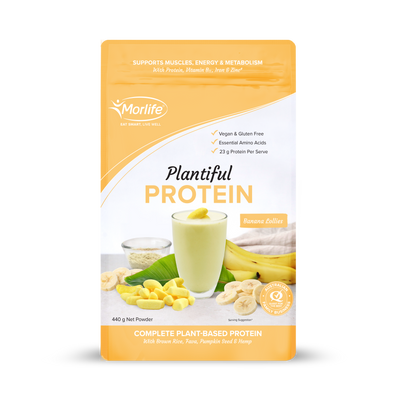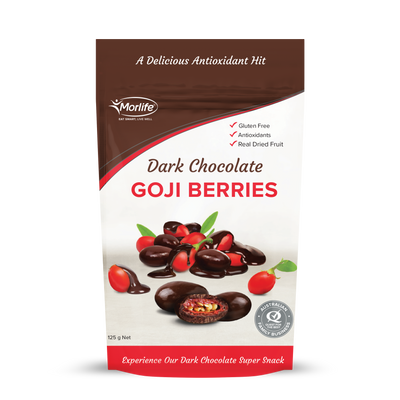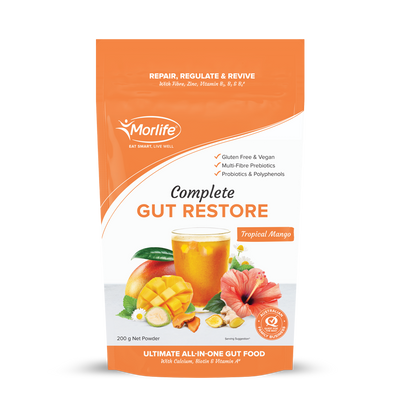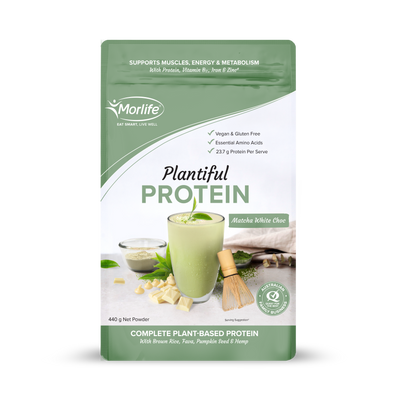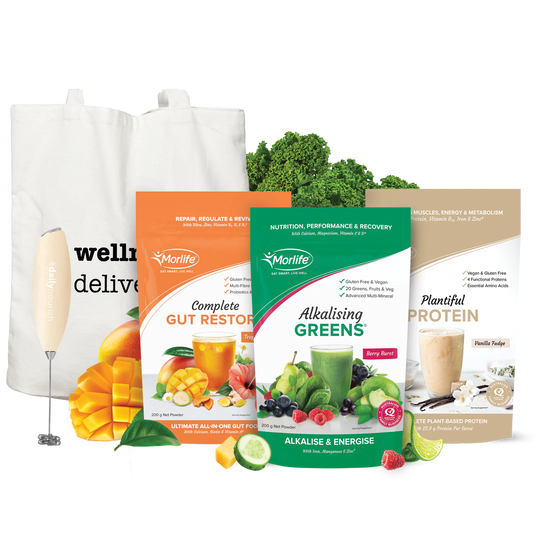The Ins And Outs of Your Gut

By Leisa Armstrong, BHSc (Naturopathy)
It’s easy to think of your digestive system as a means to an end, a tool that helps you utilize your food to fuel your body and beat starvation. But the truth is, our digestive system is far more complex and far more important than just that. It’s possible we aren’t giving it enough credit for the incredible work its doing.
So what is the gut and where is it located? Technically, the gut has no specific definition. It is a term used interchangeably when people talk about the entire digestive system, the stomach or the intestines. Considering ‘gut’ is supposed to be short for the gastrointestinal tract, it should be used to describe the long tube that runs through our entire upper body including the mouth, oesophagus, stomach, small and large intestines, rectum and anus.
The digestive process within our gut starts with the mouth, where chewing and saliva start the process of breaking down food. In the stomach, the acid helps to further break up the food, softening it and killing off most unwanted bacteria before it is passed into the small intestine. Within this 6-meter tube, food is broken down and changed from proteins, fats and carbohydrates into amino acids, sugars and fatty acids, where most nutrients are absorbed into the blood stream. The final processing is undertaken in the large intestine or colon, where our bacteria ferment any unabsorbed fibres, sugars, starches and proteins to short chain fatty acids, which act as a key source of energy for colon cells. Any remaining waste, like insoluble fibre and metabolic biproducts are then excreted as stool.
Whilst our gut is certainly an extraordinary food processor, handling around 60 tonnes of food in a lifetime, it also plays a key role in many other functions and is host to;
- at least 1000 different species of bacteria, with 100 trillion or so cohabiting microorganisms (referred to as our gut microbiota);
- around 70% of our immune systems cells;
- an enteric (meaning in the intestines) nervous system with some 500 million neurons (messenger cells used by the brain to communicate with organs) commonly called the second brain; and
- specialised cells (enterochromaffin cells) which are responsible for an estimated 90-98% of the body’s production of serotonin (used throughout the body as a hormone for regulation of metabolism and in the brain used as a neurotransmitter known for its role in emotions and happiness).
With that said, can you see why gut health is so important? If not, here are some of the areas our gut health plays a role in within our body;
- Food digestion and absorption to allow nutrients to pass into the blood for use within the body;
- Production of essential nutrients our body can’t produce on its own, as well as activating some nutrients that we wouldn’t have been able to use otherwise;
- Fermentation of undigested prebiotic fibres to feed the microbiota whilst producing short-chain fatty acids (SCFA’s) which repair and replenish gut cells;
- Neurotransmitter and hormone production; especially Serotonin, GABA and Dopamine which are known for their influence on mood;
- Appetite can be controlled by cells within the gut via the production and secretion of hormones;
- Immune protection thanks to our microbiota and gut immune cells sensing and eliminating pathogens;
- Systemic inflammation throughout the body - an inappropriate immune function can be triggered by an unhealthy gut.
Clearly our gut is one very busy bee and a key contributor to our overall wellness, so how do we best look after it?
1. Ensure you drink enough water
Water allows the body to move nutrients around more easily, helps flush out bad toxins and decreases constipation to ease waste removal.
2. Avoid refined sugars and highly processed foods
Sugar is used in the body to feed a lot of the bad bugs of our microbiome. The more sugar or sweeteners you eat, the more they can grow, and they then start to overtake the good bacteria.
3. Exercise
Exercising helps increase blood flow towards the muscles and digestive tract plus helps the intestines to naturally contract, which helps move food through the digestive tract. Exercise has been shown to decrease heartburn, gas, stomach cramps and constipation, as well as have a positive impact on enriching the diversity of our microbiota.
4. Manage your stress
Your body can’t tell the difference between emotional/mental stress and physical stress, so it triggers your fight-or-flight response. This means digestion will slow or stop all together so that your body can divert energy to face the perceived threat aka the tiger it thinks you’re running from.
5. Bump up your fibre
Fibre is an essential part to a healthy diet, yet less than 20% of Australian adults are eating enough each day. Fibre is the indigestible parts of vegetables, fruits, grains, beans and legumes, and there are three main types:
- soluble fibre, which helps to slow the emptying process in our stomachs, helping you feel fuller;
- insoluble fibre, which acts as roughage, adding bulk to get our bowels moving; and
- resistant starch, which is a specific type of insoluble fibre that is not digested in the small intestine and instead helps to promote the growth of our good bacteria.
Different fibres have been found to have different positive impacts on gut health and our microbiome. This is why it is so important to have a wide range of different fibre sources in your diet. One reason for the different benefits is the fermentation speed. Some fibres act as prebiotics and ferment quickly within the colon, whereas others are more slowly fermented. This difference in fermentation allows you to feed the microbiome throughout the whole colon when consuming a range of fibres.
6. Eat a diverse range of food
Get the variety of fruits, vegetables, legumes and grains you need in order to populate a diverse range of healthy bacteria, which is an indicator of good gut health. We want this not just for the fibre, but also for the polyphenols. Polyphenols are a class of potent antioxidant phytochemicals found in plants that have countless benefits to the body. When you think of almost any superfood or herb, from turmeric to blueberries, the polyphenols are one of the main components that makes them super. Humans are unable to digest or absorb most polyphenols, so they end up intact within the intestine. This has led to a mutual reaction between microbes within the gut and polyphenols. First, polyphenols are transformed into their metabolites by gut bacteria, making them more absorbable for humans. Second, polyphenols modulate the balance of microbes within the gut, reducing harmful bacteria and stimulating the growth of beneficial bacteria, which also benefits the host (us).
Now that you know a little more about your gut and the hard work it puts in to keep you well, you may want to show it a little love in return. Use the list above as a reference point to nurture a happier gut and enhance your overall wellness. Nothing beats the benefits of good digestion, and there’s no time like the present to work towards a happier, healthier you.

